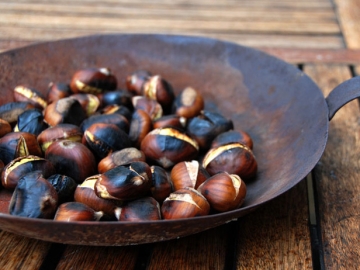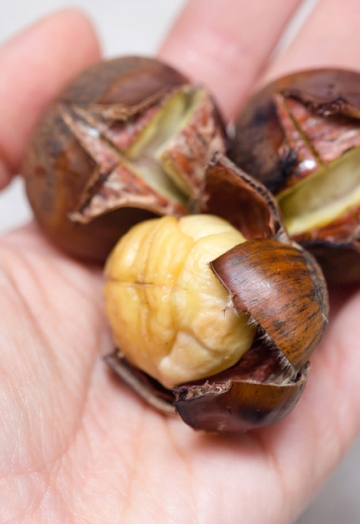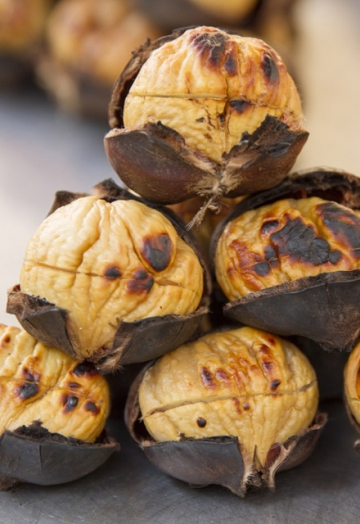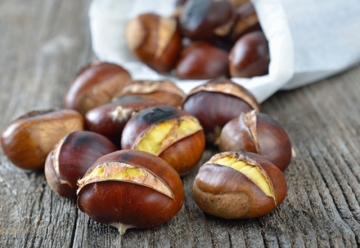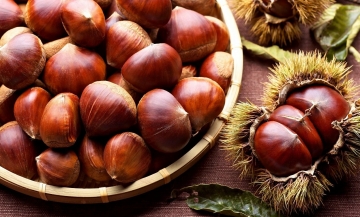Turkish nutritionist and nutritionist Melika Sheyma spoke about the benefits of sea chestnuts. Chestnuts contain many useful elements such as iron, sodium, potassium, magnesium, zinc, vitamins A, E and C. However, because of the high content of carbohydrates, eating too much is harmful. Due to the high potassium content of chestnuts, kidney patients are not allowed to eat without consulting a doctor.
People with diabetes and dieters are not recommended to eat too much chestnut. Keeps you full 100 grams of chestnuts contain about 160-180 calories and about 40 grams of carbohydrates. Thanks to its high carbohydrate content and fiber, it keeps a person full for a long time. However, keep in mind that 3 chestnuts replace 1 slice of bread and can cause obesity.
Chestnut diet
Depending on your diet, you can eat 3 or 6 chestnuts as lunch. Chestnut can be used in combination with milk or coffee with milk. This will prolong the satiety period. On the day you eat chestnuts, try not to eat high-calorie and fatty foods such as pilaf and pasta.
Strengthens immunity
Chestnuts contain a certain amount of vitamins A, C and E.
Vitamin A has a protective effect against infections, and vitamins C and E strengthen the immune system due to their antioxidant properties. These vitamins protect the body against the flu and prevent cell aging. Protects the heart Potassium regulates blood pressure, prevents hypertension (high blood pressure), protects against cardiovascular disease. Due to these properties, chestnuts are more useful than salty biscuits and sticks.
Very useful for children
According to nutritionist Melike Sheyma Deniz, healthy eating is especially important during growth and development. If you can teach children a healthy and balanced diet on time, they will not have serious health problems in later life. In this regard, he believes that chestnuts are more useful than many sweets sold in stores: "Chestnuts are included in the list of harmless cookies due to their high nutritional value.
Children without any health problems or allergies can easily eat 3-6 chestnuts a day." The expert also acknowledged that although chestnuts have beneficial properties, they are not suitable for winter meals. "Three high-carbohydrate roasted chestnuts is the equivalent of a slice of bread. Don't forget that over-roasting chestnuts can affect the growth of carcinogens."
